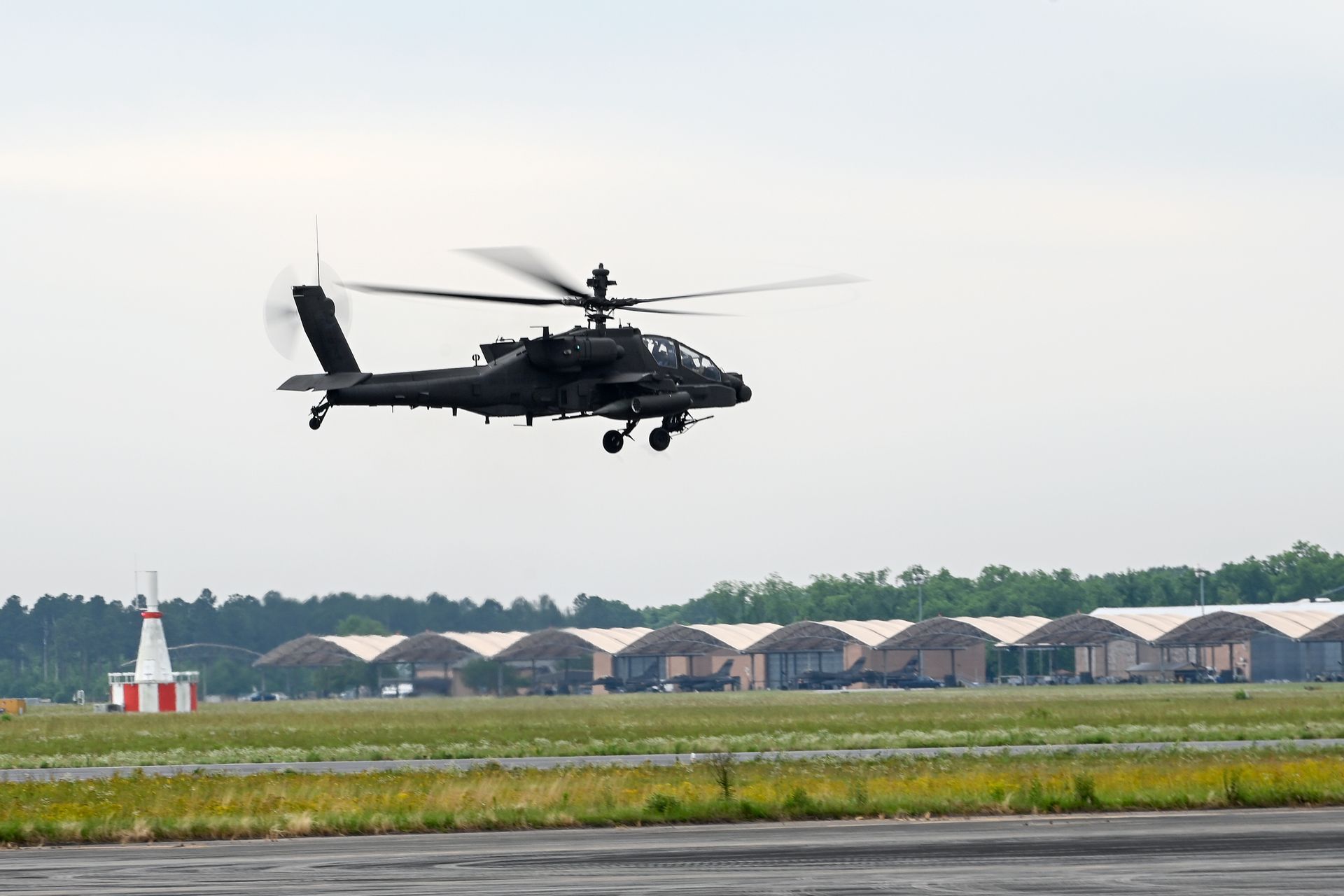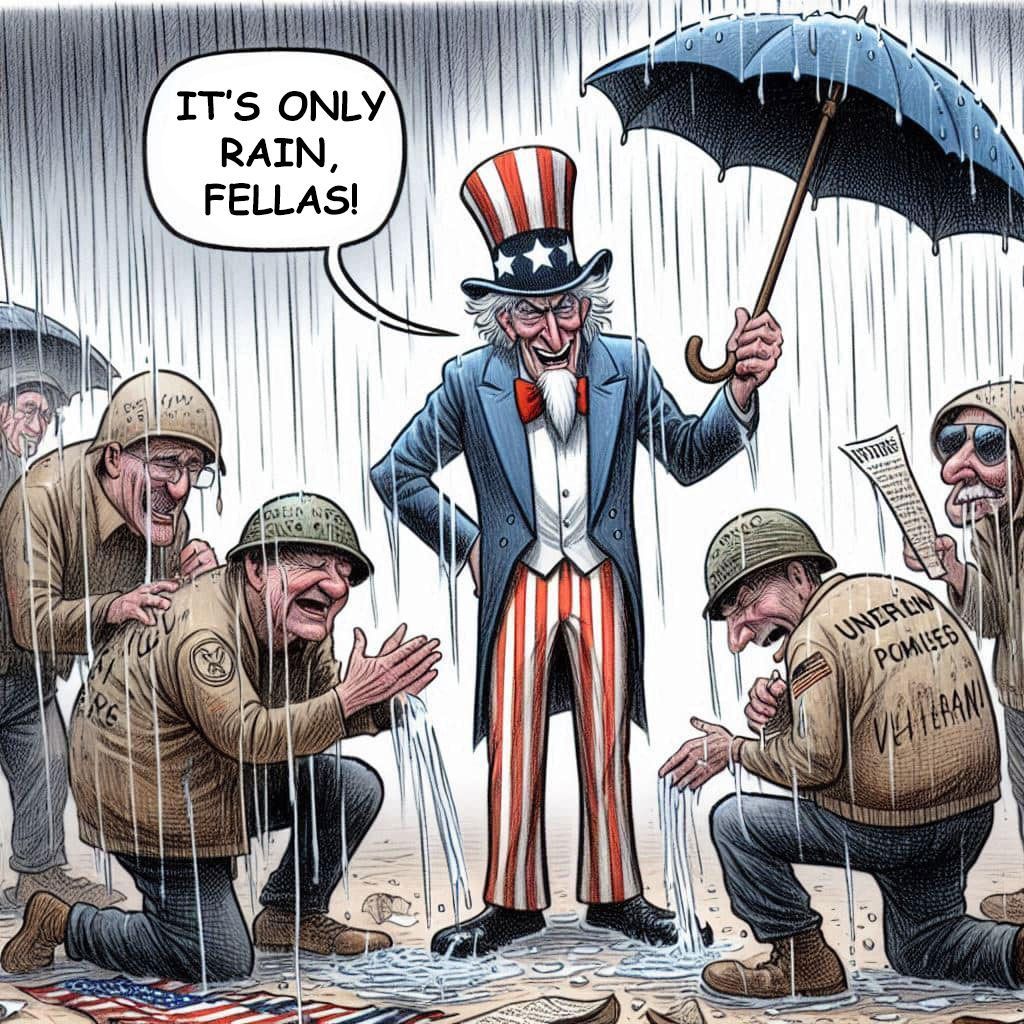NGB Rescinds Controversial Language From All Dual-Status Position Descriptions
"...does not fall within the scope of the National Guard Technician Act of 1968..."
New Orleans, LA (March 11, 2014) - Guidance recently issued by NGB suggest that management of the National Guard (NG) dual-status technician (DST) program is taking a step in the right direction. A memo issued by NGB's Technician Branch orders all states and territories to rescind certain language from all DST position descriptions (PDs); language that only served to blur the lines of what types of military duties a dual-status technician can and can't legally perform while in a civilian status.
On March 10, 2014, NGB Technician Branch Chief COL Susan Niemetz served notice to all Human Resources Offices (HROs) to delete a 2005 PD Addendum which basically authorized the assignment of military-type duties to DSTs of the National Guard during civilian work hours. Niemetz's most current guidance is just the latest in a string of policy decisions that are breathing life back into a program once on the verge of regulatory collapse. The move also serves to rebuild confidence and bring respect to the Technician Branch, a section of NGB that for the better part of the last 10 years has been plagued by poor leadership, and has consistently issued policy and recommendations that were unclear, contrary to regulation, and sometimes violated law, much to the detriment of the overall technician workforce.
To that end, COL Niemetz has had the unenviable task of righting past wrongs, most of which were committed under the tenure of COL William Kolbinger. It's hard to describe the damage that Kolbinger caused National Guard technicians. His "anything goes" attitude turned NGBs Tech Branch into a place where policy was concocted to fit the needs of the organization, even if said policy went against Federal statute and regulation. In fact, Kolbinger became so bold that he would issue policy by way of written opinion, or white paper, to the point where he convinced some states/territories that the Technician Act (32 USC § 709) allowed Adjutant Generals to circumvent OPM Competitive Hiring procedures, and even USERRA.
Needless to say, COL Niemetz has her work cut out, but so far she's doing a stellar job. Since assuming the top spot at Tech Branch, Niemetz has initiated an audit to enforce compatibility requirements, has rescinded incorrect/illegal policy memoranda, and voluntarily plunged head-long into the arduous task of updating all of NGBs Technician Personnel Regulations (TPRs), a task that's well overdue by almost 20 years. On top of all this, Niemetz has found a way to do what her two predecessors were either incapable or unwilling to do...work with (not against) the Labor Unions representing technicians.
In order to understand the significance of NGBs latest action one has to first understand how it all started. The rescinded language was initially added to all National Guard DST PDs in June 2005 via an NGB PD Release notice to all HROs. The implementation guidance sent by NGB in 2005 read:
Due to the military nature of National Guard (sic), there are a variety of infrequent non-occupational specific duties inherent in all dual status technician positions. To ensure these duties are a recognized part of all dual status position descriptions, NGB-J1-TNC has developed a mandatory task statement for all dual status standards and exception position descriptions.
The addendum then read as follows (the final sentence was added in January 2007 at the request (pleadings) of the Labor Unions):
d. OTHER SIGNIFICANT FACTS
Incumbent may be required to prepare for and support the mission through the accomplishment of duties pertaining to military training, military readiness, force protection and other mission related assignments including, but not limited to, training of traditional Guard members, CWDE/NBC training, exercise participation (ORE/ORI/UCI/MEI/OCI/IG, etc.), mobility exercise participation, FSTA/ ATSO exercise participation, SABC training, LOAC training, weapons qualification training, participation in military formations, and medical mobility processing within the guidelines of
NGB/ ARNG/ ANG/State/TAG rules, regulations and laws. These tasks have no impact on the classification of this position and should NOT be addressed in any technician's performance standards.
A quick history lesson
Prior to the 2005 PD addendum the issue of whether technicians could legitimately and legally be assigned to perform military-type duties or tasks while on technician status had not been legally addressed. The general unwritten rule was that tech-time was for tech duties and that military tasks could only be performed in a military status (i.e., drill, AT, etc.). The increased ops tempo after Desert Storm, leading up-to and following the 9/11 attacks, and the pressure to train more often for inspections and prepare for deployments, was forcing the states/territories to invest more and more time on military training activations albeit without any extra money. So in order to maximize their military budget while at the same time meeting the extra training demands, states/territories started assigning technicians more and more military-type duties during the civilian work week. This included participation in training exercises that require the wear and use of combat-specific gear like Kevlar helmets/armor or Mission Oriented Protective Posture gear (aka MOPP or chem-gear), and required DSTs to accomplish other tasks specifically linked to military mobility requirements, like firing small arms for qualification during civilian duty hours. In other words, the states/territories were forcing technicians to perform tasks that were completely outside the scope of their civilian position description.
In response to this increased military ops tempo, the Association of Civilian Technicians (ACT), a Union representing technicians of the Kansas Air National Guard, attempted to include language in their collective bargaining agreement (CBA) addressing the assignment of military duties to DSTs while in a civilian status. As expected, the proposed language was challenged by the National Guard as being nonnegotiable, and in 2002 the matter was appealed by the Union to the Federal Labor Relations Authority (FLRA). While the Union's intentions were good and justified, the fact is the proposal was rather extreme, and placed numerous administrative controls on the assignment of military duties, specifically regarding the wear of chem-gear during technician work hours. In other words, it was doomed to fail from the beginning. The Union's appeals lasted for nearly three years, even making the trip to Federal court and back, and on April 13, 2005, the FLRA denied the Union's motion for reconsideration one last time. In the end, the matter was deemed nonnegotiable because it "substantively affected the Agency's right to assign work." It was a pretty big blow.
After the FLRA issued their final decision NGB wasted no time implementing the FLRA decision, and in June 2005 they issued CR 05-1006 adding the now rescinded PD Addendum to all DST PDs. The case is a classic example of unintended consequences. ACT's actions, well intended as they might have been, made a bad situation worse. Again, prior to the FLRAs decision most states/territories, and even NGB, still (and for the most part) operated under the unwritten rule that tech-time was for tech duties and military tasks were to be done while on military orders. After the FLRA decision, and NGBs issuance of the PD Addendum, states/territories took things to the next level. Now, instead of being limited to the statutorily required one weekend per month and two weeks per year of inactive duty training, the National Guard had a blank check to force technicians to participate in military-type activities 365 days per year.
Fast-forward to 2014
While the deletion of the military-duties PD Addendum was revealed rather unceremoniously, the implications are potentially far reaching. NGB validates their action by saying that the addendum was outside the scope of the 1968 Technician Act, which is absolutely correct. The Technician Act (32 USC § 709) states that the primary purpose of DSTs is to organize, administer, instruct and train members of the National Guard, and to maintain and repair equipment issued to the National Guard (or the armed forces). There's a third purpose listed in the statute and that's to perform certain "additional duties to the extent that the performance of those duties does not interfere with the performance" of the tasks previously described. Those additional duties may involve supporting operations or missions undertaken by the technician’s military unit at the request of the President or the Secretary of Defense, supporting Federal training operations or Federal training missions assigned in whole or in part to the technician’s military unit, and CONUS instruction or training of active-duty members of the armed forces, members of foreign military forces, Department of Defense contractor personnel, or Department of Defense civilian employees. Notice that nowhere in the Technician Act does it state that technicians will actually perform military duties.
This means that according to Federal law DSTs can, for example, participate in the training or instructing of other personnel, however, instructing others on military subjects and actually taking part in military training exercises are two totally different things. One can teach another person how to do something theoretically or practically, but not actually participate in the activity being taught. Therefore, a technician could certainly instruct a class of drilling Guardsmen on the proper use and wear of chem-gear as part of his/her official civilian duties, but that technician doesn't actually don the equipment, nor do they actually perform actual work for prolonged periods of time while wearing the chem-gear. This is a huge distinction.
That distinction also extends to supporting operations, missions, or training of a technician's assigned military unit while in a technician status because that support should only extend as far as the technician position description allows. For example, if a technician working as a pay clerk is asked to respond to a natural disaster, that technician could theoretically remain in a civilian status so long as their role in the emergency response was supportive in nature, and along the lines of their regular duties (i.e., processing pay). However, if that same pay clerk is going to be expected to distribute water and ice to citizens displaced by a natural disaster, is going to be sleeping in a tent at a remote location, and the tasks which they are accomplishing have nothing to do with processing pay, then said technician needs to be placed in some form of active duty status, whether that be Federal or State. Otherwise, that pay clerk should remain either at home station processing pay, or they should be released from duty. So, while National Guard leaders always like to claim that the proverbial line between civilian and military is blurry, the truth is the line itself is much clearer than they want to admit.
Aside from going against the intent of the Technician Act, the addendum also went against OPM guidance concerning position classification standards. The bottom-line is that an employee's position description is meant to document major duties, responsibilities, and organizational relationships of a job. Even though the majority of the National Guard technician workforce is dual-status, which means they have to be in the military in order to keep their civilian position, that does not necessarily mean that they are considered military, per se, while working in their technician capacity.
In the same way that 32 USC § 709 addresses what a technician's duties actually are, it also addresses what military aspects a technician is required to fulfill in order to comply with Federal law. The fact is that the term "Military Technician" is deceiving because the military aspects of a technician's job are actually conditions of their civilian employment, not vice versa. The only military requirements that exist in the statute are that a technician be a member of the National Guard, that he/she hold a rank compatible with their civilian position, and that technicians wear the military uniform to work, period. Nowhere does the Technician Act require that technicians accomplish military duties; it doesn't require that a technician wear the military uniform outside of their civilian work hours or participate in formations, for example. It does not require technicians to be on-duty 24/7, like their military counterparts, and it definitely does not compensate technicians like a member of the military considering technicians pay out-of-pocket for life and health benefits, must request leave to cover periods of absence due to sickness and (yes) even military activations, and do not receive tax-free compensation in the form of housing and subsistence allowances. In fact, the difference between civilian and military couldn't be any clearer, and that difference is further reinforced by the clear and legal divide between what a dual-status technician can be legally required to do while in a civilian status, and what is inherently military and only permissible while the member is in an active or inactive duty status. For anyone to claim the line is blurry then it is out of voluntary ignorance, nothing more.
Of course there are those that would argue with this article. Perhaps they're legitimately confused, or perhaps they slept through 2013, but if there was still any confusion regarding whether technicians are civilian or military it was cleared up last year when all National Guard Dual Status Technicians were furloughed for being civilians, along with the rest of their Federal Civil Service cohorts. So, while many in management would like to make technicians believe otherwise, the truth of the matter is that dual-status technicians are, first and foremost, civilian employees of the Department of Army or Air Force ( 10 USC § 10216(a) ) who in accordance with Federal law are managed by the Adjutants General of their respective state or territory, and as a condition of their civilian employment are required to be in the National Guard.
The question that every manager, employee, and Union representative will probably be asking is: what does NGBs decision ultimately mean? The answer is fairly simple: dual-status technicians can only be assigned to perform duties that are directly connected with their civilian position, regardless of whether that duty is considered to be military in nature, or not. Union Officials should request to I&I the deletion of the PD Addendum and use this opportunity to evaluate whether there are any technicians in their bargaining units that may be performing duties that are military in nature and/or outside the scope of their PD. If situations like these are identified then the Union should work with management to correct the discrepancy and make sure the technician's duties do not conflict with the revised guidance. There can be serious and unforeseen consequences for technicians who are performing duties outside the scope of their position. At the very least, a technician who is injured on the job in the course of performing a job or task not covered by their position risks being denied coverage under the workers compensation program. It's bad enough to get injured on the job. It's even worse to find out your injury is not covered because you were working outside of your position description.
There is one humorous note and that's concerning the fact that the Union who got us into this PD mess, ACT, is taking credit for NGB rescinding the controversial PD language. While the Unions have been working with NGB on a multitude of topics affecting technicians, the PD language was just one of those. The truth is credit goes to COL Niemetz and her team at Technician Branch for getting this done.
But what about that 72-hour deal, you say? That's a whole other story....





